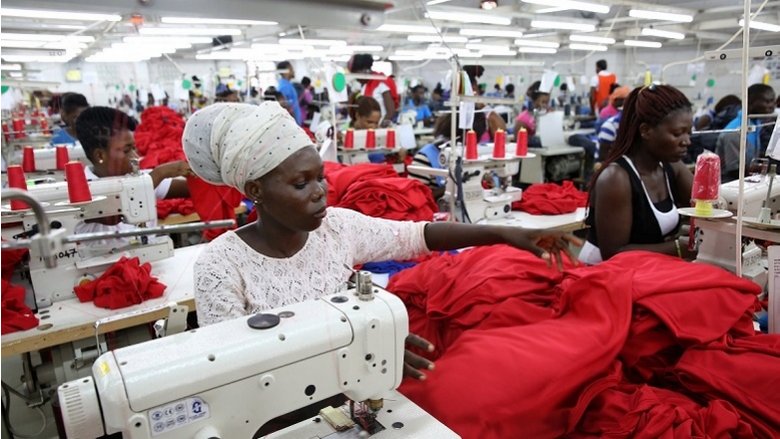The African Continental Free Trade Area (AfCFTA) could deliver far greater benefits in terms of jobs, growth, and poverty reduction than previously estimated – making it a potential game changer for Africa’s economic development if its ambitious goals are fully realized.
Download the report ⬇️
The deal creates a continent-wide market embracing 54 countries with 1.3 billion people and a combined GDP of US$3.4 trillion. Its first phase, which took effect in January 2021, would gradually eliminate tariffs on 90 percent of goods and reduce barriers to trade in services. That could raise income by 7 percent, or $450 billion, by 2035, reducing the number of people living in extreme poverty by 40 million, to 277 million, according to a World Bank report published in 2020.
A new World Bank study, released in collaboration with the AfCFTA Secretariat, accounts for the additional benefits that would accrue from an increase in foreign direct investment (FDI) – both from within and outside of Africa – that the deal is expected to generate. FDI is important because it brings the fresh capital, technology, and skills so badly needed to raise living standards and reduce Africa’s dependence on volatile commodity exports. In this scenario, real income would rise further, to about 8 percent in 2035, and the number of people living in extreme poverty would fall by 45 million.
The new report also models what would happen if the agreement is expanded, as planned, to harmonize policies on investment, competition, e-commerce, and intellectual property rights. Deeper integration in these areas would help build fair and efficient markets, improve competitiveness, and attract even more FDI by reducing the risks of shifting regulations and policies. This scenario would bring income gains of 9 percent by 2035 and reduce extreme poverty by 50 million.
The report, Making the Most of the African Continental Free Trade Area: Leveraging Trade and Foreign Direct Investment to Boost Growth and Poverty Reduction, is intended to be a guide for policy makers charged with carrying out the agreement. To maximize its benefits, the first step will be to conclude planned negotiations on investment, e-commerce, and intellectual property. The report also recommends building grass-roots support for and understanding of the agreement, simplifying red tape to encourage investment, and pairing the deal with a “complementary agenda” that includes training and advice for national trade ministries charged with supervising compliance and administration.

